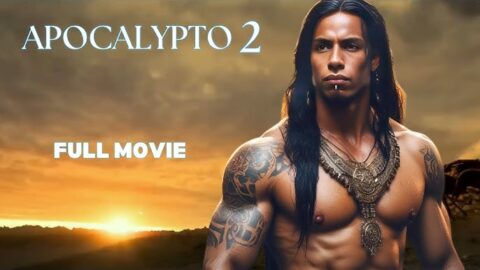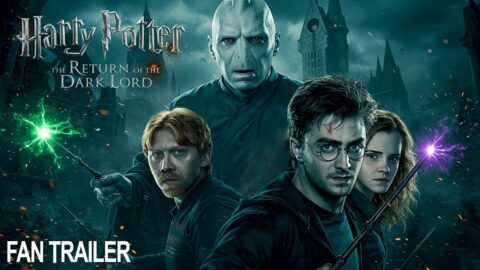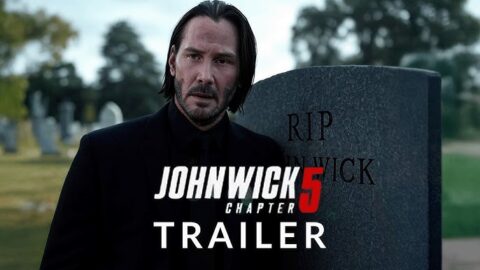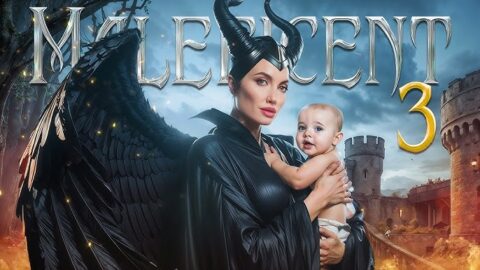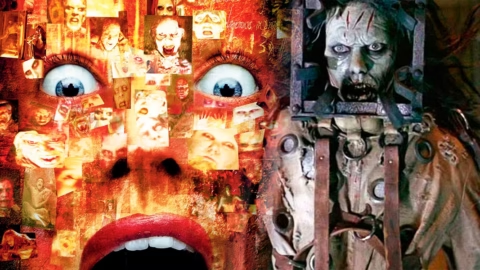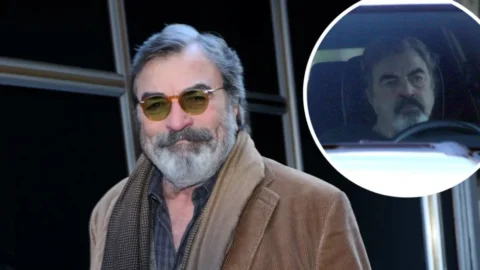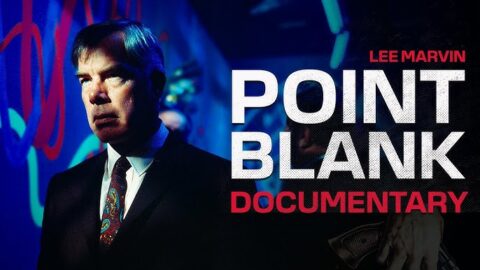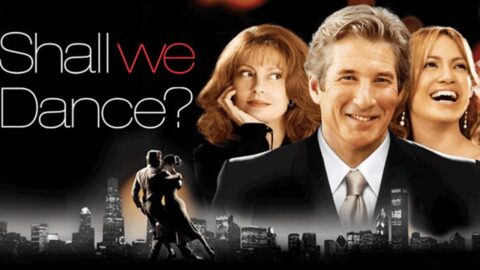Directed by Anna Kendrick
Woman of the Hour marks an impressive and unsettling directorial debut from Anna Kendrick, who handles true crime material with nuance, restraint, and a feminist lens. Based on the real-life story of serial killer Rodney Alcala, who appeared on a 1978 episode of The Dating Game while in the midst of a murder spree, the film is less about sensationalism and more a study of how charm, misogyny, and media spectacle can mask violence in plain sight.
Kendrick plays Cheryl Bradshaw, the young aspiring actress and bachelorette contestant whose presence on the show becomes a focal point for a larger conversation about power and vulnerability. She gives a layered performance, capturing both Cheryl’s ambition and growing discomfort as the truth of Alcala’s predatory nature begins to surface.

The film moves between timelines and perspectives, offering chilling glimpses into Alcala’s past while centering Cheryl’s point of view. Daniel Zovatto is hauntingly effective as Alcala—never overly monstrous, but disturbingly ordinary, which only amplifies the horror. Kendrick’s direction avoids exploitative thrills, instead opting for quiet dread and subtle commentary about the systemic ways women are conditioned to doubt their instincts.
Cinematographer Zach Kuperstein bathes the film in retro palettes—muted oranges, studio lights, and shadowy corners that reflect both the glitz and eeriness of 1970s television culture. The tension is expertly maintained, especially during the taping of the game show, where humor and horror uneasily coexist.

Rather than focusing solely on the crimes, Woman of the Hour is more concerned with the culture that enabled them. It critiques the mechanisms of entertainment that value surface over substance, and the societal indifference that lets danger slip through under a charming smile. Kendrick’s film ends not with shock, but with quiet devastation—and a lingering sense of unease.
Woman of the Hour is more than a true crime story. It’s a sharp, timely meditation on gender dynamics, media complicity, and the invisible lines between predator and performance. Thoughtfully crafted and deeply unsettling, it signals Anna Kendrick as a director to watch.
